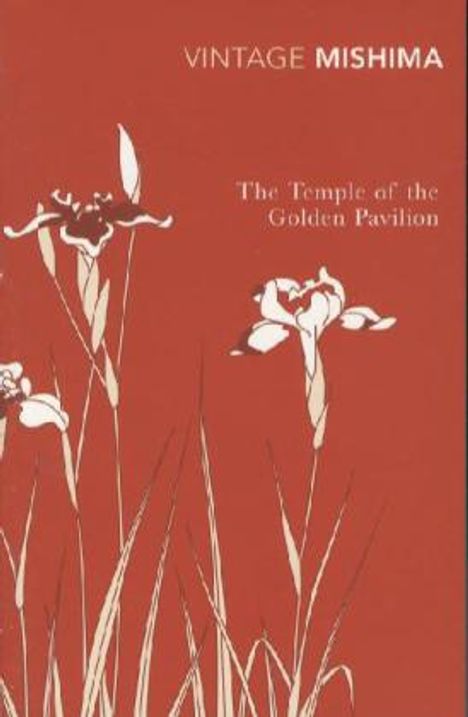Yukio Mishima: The Temple Of The Golden Pavilion, Kartoniert / Broschiert
The Temple Of The Golden Pavilion
(soweit verfügbar beim Lieferanten)
- Verlag:
- Vintage Publishing, 05/2001
- Einband:
- Kartoniert / Broschiert
- Sprache:
- Englisch
- ISBN-13:
- 9780099285670
- Artikelnummer:
- 2165242
- Umfang:
- 256 Seiten
- Copyright-Jahr:
- 2009
- Gewicht:
- 186 g
- Maße:
- 198 x 130 mm
- Stärke:
- 17 mm
- Erscheinungstermin:
- 3.5.2001
- Hinweis
-
Achtung: Artikel ist nicht in deutscher Sprache!
Weitere Ausgaben von The Temple Of The Golden Pavilion |
Preis |
|---|
Kurzbeschreibung
'One of the outstanding writers of the world' New York Times
Beschreibung
Because of the boyhood trauma of seeing his mother make love to another man in the presence of his dying father, Mizoguchi becomes a hopeless stutterer. Taunted by his schoolmates, he feels utterly alone untill he becomes an acolyte at a famous temple in Kyoto, where he develops an all-consuming obsession with the temple's beauty. This powerful story of dedication and sacrifice brings together Mishima's preoccupations with violence, desire, religion and national history to dazzling effect.
Rezension
"A dark vision...a beautiful, disturbing novel" Amanda Harlech Los Angeles Times
Klappentext
Because of the boyhood trauma of seeing his mother make love to another man in the presence of his dying father, Mizoguchi becomes a hopeless stutterer. Taunted by his schoolmates, he feels utterly alone untill he becomes an acolyte at a famous temple in Kyoto, where he develops an all-consuming obsession with the temple's beauty.
Biografie
Yukio Mishima (1925-1970) wurde nach dem Zweiten Weltkrieg zum Sprecher der jungen Generation, deren Heimatlosigkeit er zum Thema seines Werkes machte. Mit den vier großen Romanen "Schnee im Frühling", "Unter dem Sturmgott", "Der Tempel der Morgendämmerung" und "Die Todesmale des Engels", zusammengefasst unter dem Obertitel "Das Meer der Fruchtbarkeit", schloß er sein literarisches Werk ab, bevor er sich 1970 das Leben nahm.

